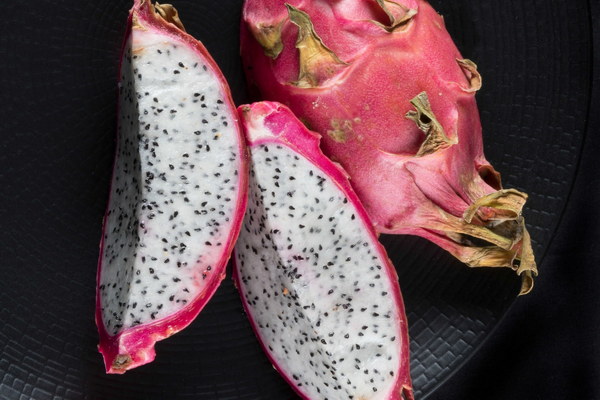Boost Your Liver Health with the Elegant Calla Lily A Guide to Cultivating and Utilizing This Marvelous Plant
In the quest for a healthier liver, many turn to conventional treatments and lifestyle changes. However, nature has provided us with an unexpected ally in the form of the calla lily. This elegant flower not only adds a touch of beauty to any garden but also offers a plethora of health benefits, particularly for liver care. In this article, we will delve into the art of cultivating calla lilies and how they can be used to support liver health.
Understanding the Calla Lily
The calla lily, scientifically known as Zantedeschia aethiopica, is a genus of plants native to South Africa. Its striking appearance and vibrant colors have made it a favorite among gardeners and floral enthusiasts alike. What sets the calla lily apart from other flowers is its unique ability to support liver health through its compounds and properties.
Cultivating Calla Lilies for Liver Health
1. Choose the Right Location: Calla lilies thrive in full sun to partial shade, so select a spot in your garden that receives at least six hours of sunlight per day. They prefer well-drained soil, so ensure the area doesn't become waterlogged.

2. Planting: Calla lilies can be planted in early spring or autumn. Dig a hole deep enough to accommodate the bulb and place it in the hole with the pointed end facing up. Cover the bulb with soil and water it thoroughly.
3. Watering: Keep the soil consistently moist, but not waterlogged. Overwatering can lead to root rot, while under-watering can cause the flower to wilt.
4. Fertilization: Apply a balanced, all-purpose fertilizer once a month during the growing season to ensure the plant receives the necessary nutrients for optimal health.
5. Pruning: Remove any dead or yellowing leaves to prevent the spread of disease and promote healthy growth.
How Calla Lilies Support Liver Health
1. Detoxification: Calla lilies contain compounds that can aid in the detoxification of the liver. These compounds help to eliminate harmful substances from the body, reducing the burden on the liver.
2. Anti-inflammatory Properties: The plant's anti-inflammatory properties can help reduce inflammation in the liver, which is a common cause of liver disease.
3. Antioxidant Protection: Antioxidants found in calla lilies help to combat oxidative stress, which can damage liver cells and contribute to liver disease.
4. Hepatoprotective: Calla lilies have been shown to have hepatoprotective effects, meaning they can protect the liver from damage and support its overall health.
Using Calla Lilies in Liver Care
While cultivating calla lilies in your garden is a great way to support liver health, there are also other ways to incorporate this plant into your liver care routine:
1. Tea: Brew a cup of calla lily tea to enjoy its health benefits. Simply steep the petals in hot water for a few minutes before straining and sipping.
2. Topical Application: Apply a paste made from calla lily petals to the skin to soothe inflammation and reduce the appearance of liver spots.
3. Herbal Remedies: Some herbalists recommend using calla lily extracts in liver-specific herbal remedies. Consult with a qualified healthcare provider before starting any new treatment.
In conclusion, the calla lily is not only a beautiful addition to your garden but also a powerful ally in the fight against liver disease. By cultivating and incorporating this plant into your liver care routine, you can enjoy its many health benefits while adding a touch of elegance to your surroundings. Remember, nature's remedies often come with a side of beauty, and the calla lily is no exception.









